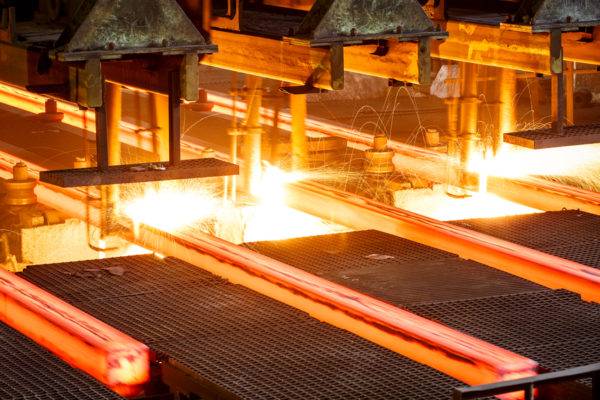Though the Internet of Things (IoT) is booming in the U.S., German manufacturing leaders expect more IoT in their factories in the future.
Yibada reported the results of a recent Boston Consulting Group (BCG) survey of 300 U.S. and German manufacturing executives that showed a much greater enthusiasm for IoT by the Europeans.
It found that only 17% of both American and German manufacturers had applied digital solutions to their factories to date.
However, a sizeable 40% of German execs said they plan to implement IoT in future manufacturing processes, compared to only 25% of the Americans.
Currently only 8% of U.S. manufacturers use autonomous robots and assistance systems versus 14% of Germans. In the next two years only 20% of American factories are expected to upgrade to such machines or systems, compared to 39% of German factories.
Germany not the only beneficiaries of IoT investment
The BCG survey also revealed that manufacturers are making significant IoT investments around the world. It reported that anticipated global IoT spending will surge to $70 billion in 2020 from $29 billion in 2015.
The report identified a trend where many firms are choosing to relocate factories from Asia back to their biggest sales markets. As well, manufacturers are increasingly finding cost savings by employing technology like industrial robots to replace paying salaries for flesh and blood workers.
IoT has had a major impact on the manufacturing sector, overturning traditional business models in the process. Manufacturers are increasingly turning to wirelessly connected machines to automate many processes and improve output.
The Industrial Internet of Things (IIoT) is proving to be a game-changer in many fields, none more structurally than in the automation industry. And as reported earlier by ReadWrite, a recent study by Morgan Stanley reinforces bullish sentiment for future automation investment thanks to the huge potential of IIoT.
The report, co-authored by Automation World, predict that over the next five years IIoT-related spending will grow from around 8% to 18% as automation investments surge.
The study also found that traditional industrial manufacturing strategies will likely see major disruption due to the impact of cloud-based analytics and the entry of new non-traditional software and IT players.






















